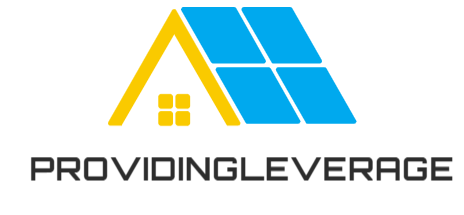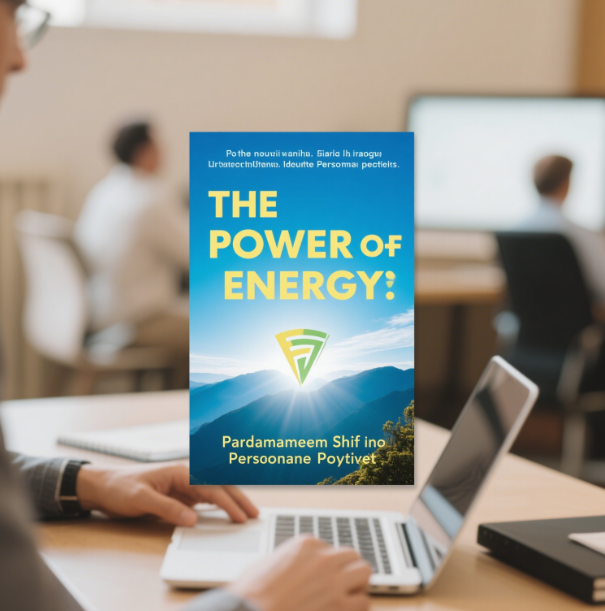In a world obsessed with time management, we often find ourselves trapped in a never – ending race against the clock. We fill our schedules to the brim, trying to squeeze in as much as possible, yet we still feel exhausted and unfulfilled. What if I told you that the key to true productivity lies not in managing our time better, but in understanding and harnessing our energy? This simple yet profound shift in perspective has the potential to transform how we approach our work, our lives, and our overall well – being.
For far too long, we’ve treated time as the most precious resource. We measure our productivity by the number of tasks we complete in a day, often sacrificing our health, happiness, and relationships in the process. But time is a finite and immutable force. No matter how hard we try, we can’t create more of it. Energy, on the other hand, is a renewable resource that we can cultivate and optimize. It’s the fuel that powers our actions, thoughts, and emotions, and it’s what determines our ability to focus, create, and achieve.
Think about it. Have you ever had a day where you felt energized, motivated, and in the zone? You were able to tackle complex tasks with ease, make decisions quickly, and accomplish more in a few hours than you normally would in an entire day. On the flip side, have you ever had a day where you felt sluggish, unfocused, and overwhelmed? You struggled to get started on even the simplest of tasks, and by the end of the day, you felt like you had accomplished nothing. The difference between these two days wasn’t the amount of time you had; it was the quality of your energy.
So, how can we start rethinking personal productivity from an energy – based perspective? The first step is to become aware of our energy levels throughout the day. We all have natural energy cycles, and by understanding these cycles, we can schedule our most important tasks for the times when we are at our best. For example, if you’re a morning person, you might want to tackle your most challenging work in the early hours of the day when your energy and focus are at their peak. If you’re a night owl, you might prefer to work on creative projects in the evening when your mind is more relaxed and imaginative.
Another important aspect of energy management is taking care of our physical health. Our bodies are the vessels through which we experience the world, and if we don’t take care of them, our energy levels will suffer. This means getting enough sleep, eating a balanced diet, exercising regularly, and staying hydrated. When we fuel our bodies with the nutrients they need and give them the rest they deserve, we feel more energized, focused, and resilient.
But physical health is only one piece of the puzzle. Our mental and emotional well – being also play a crucial role in our energy levels. Stress, anxiety, and negative emotions can drain our energy and make it difficult to focus and be productive. That’s why it’s important to find ways to manage stress, practice self – care, and cultivate a positive mindset. This could include activities like meditation, yoga, journaling, or spending time in nature. By taking care of our mental and emotional health, we can reduce stress, increase our resilience, and boost our energy levels.
Finally, we need to learn to set boundaries and say no. In a world that values busyness and productivity above all else, it can be hard to say no to new opportunities, projects, or commitments. But when we overcommit ourselves, we spread our energy too thin, and we end up feeling overwhelmed and exhausted. That’s why it’s important to be selective about the things we say yes to and to set clear boundaries for ourselves. This could mean saying no to non – essential tasks, delegating work to others, or taking regular breaks throughout the day. By setting boundaries and saying no, we can protect our energy and focus on the things that are truly important to us.
Rethinking personal productivity from an energy – based perspective is not about working less or being lazy. It’s about working smarter, not harder, and using our energy in the most effective way possible. By understanding our energy levels, taking care of our physical and mental health, setting boundaries, and saying no, we can increase our productivity, reduce stress, and achieve a greater sense of balance and fulfillment in our lives. So, the next time you find yourself feeling overwhelmed or unproductive, take a step back and ask yourself: How can I better manage my energy? The answer might just surprise you.




